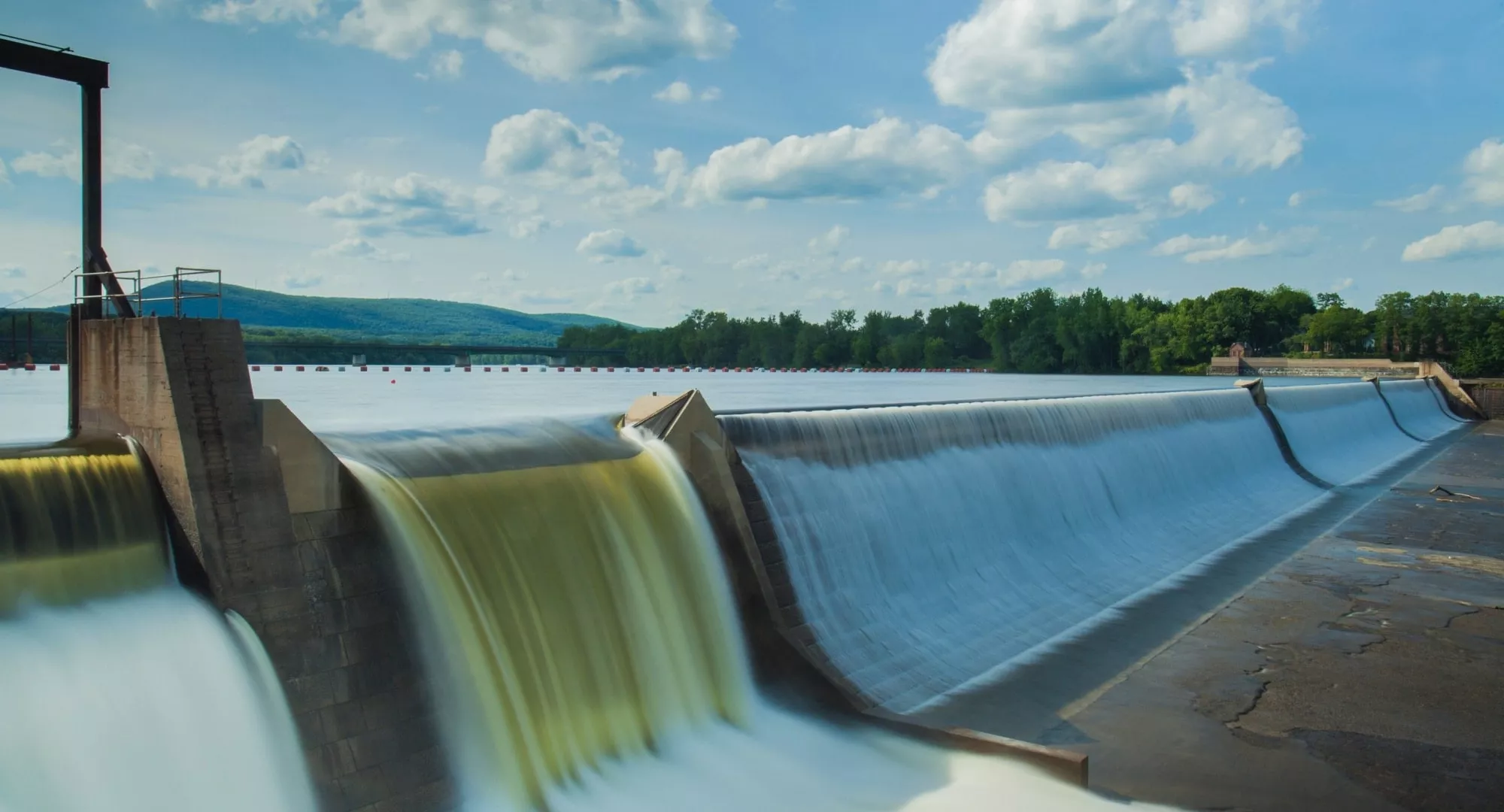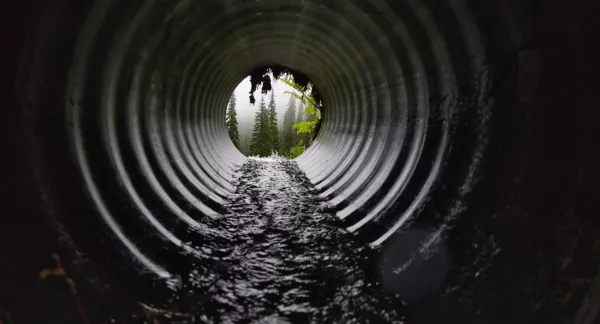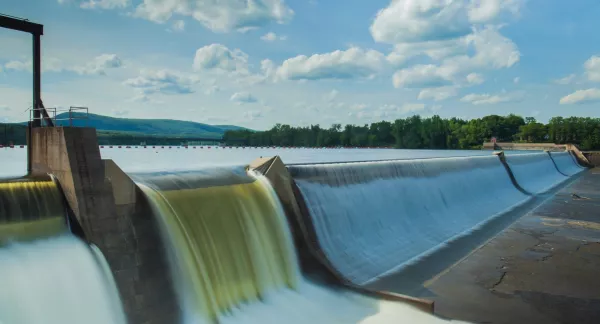
Approaches to Maintain Consistently High Quality Reclaimed Water in Storage and Distribution Systems
Research Impact
Increasing demands on limited water resources have made water recycling an attractive option for stretching water supplies. Despite the growth of the recycled water industry, there remain some public health concerns about the potential risks of human contact with recycled water used for irrigating public and recreational areas. Most of the water quality testing that is performed in recycled water systems is conducted at the treatment facility where the water enters the distribution system. Little prior study has been done on the temporal variations in the microbiological and nutrient/chemical composition of recycled water through distribution and storage. The project investigates the treatment, disinfection, and operational practices that will help ensure that high quality recycled waters are maintained through storage and distribution. An ability to identify and predict water quality changes within the system will guide remediation programs (e.g., placement of intermediate chlorine boosters), with the ultimate objective of enhancing the success of recycled water management.
Originally funded as WERF project Reuse-08-04.

